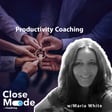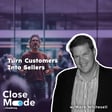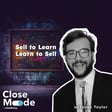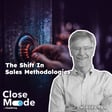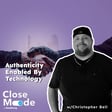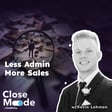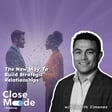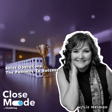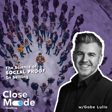
Leading With Emotional Intelligence & Empathy w/David Kinard
In this episode, Brian Dietmeyer talks with David Kennard, the CRO at First Choice Health, about the human side of selling and leadership. They explore how David's unique background in clinical psychology, world religions, and education informs his approach to understanding and engaging with people in the business world. This insightful conversation covers the importance of soft skills, the power of empathy in sales and leadership, and how to leverage emotional intelligence to foster stronger, more meaningful business relationships.
Timestamps:
00:02.31 - Introduction to David Kennard and the topic of the human side of selling and leadership.
01:12.88 - How David's diverse background influences his role as CRO.
02:52.05 - Discussing the importance of understanding why people buy and changing the narrative in sales.
10:33.37 - The role of emotional intelligence in sales and leadership.
17:15.28 - Implementing change and the importance of mindset in achieving sales goals.
21:14.77 - The significance of emotional intelligence training for sales teams.
25:53.94 - Technical difficulty and resuming the conversation.
32:16.29 - Conclusion and thanks to David Kennard.


